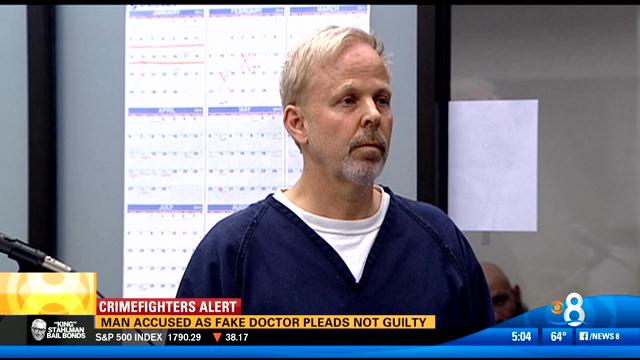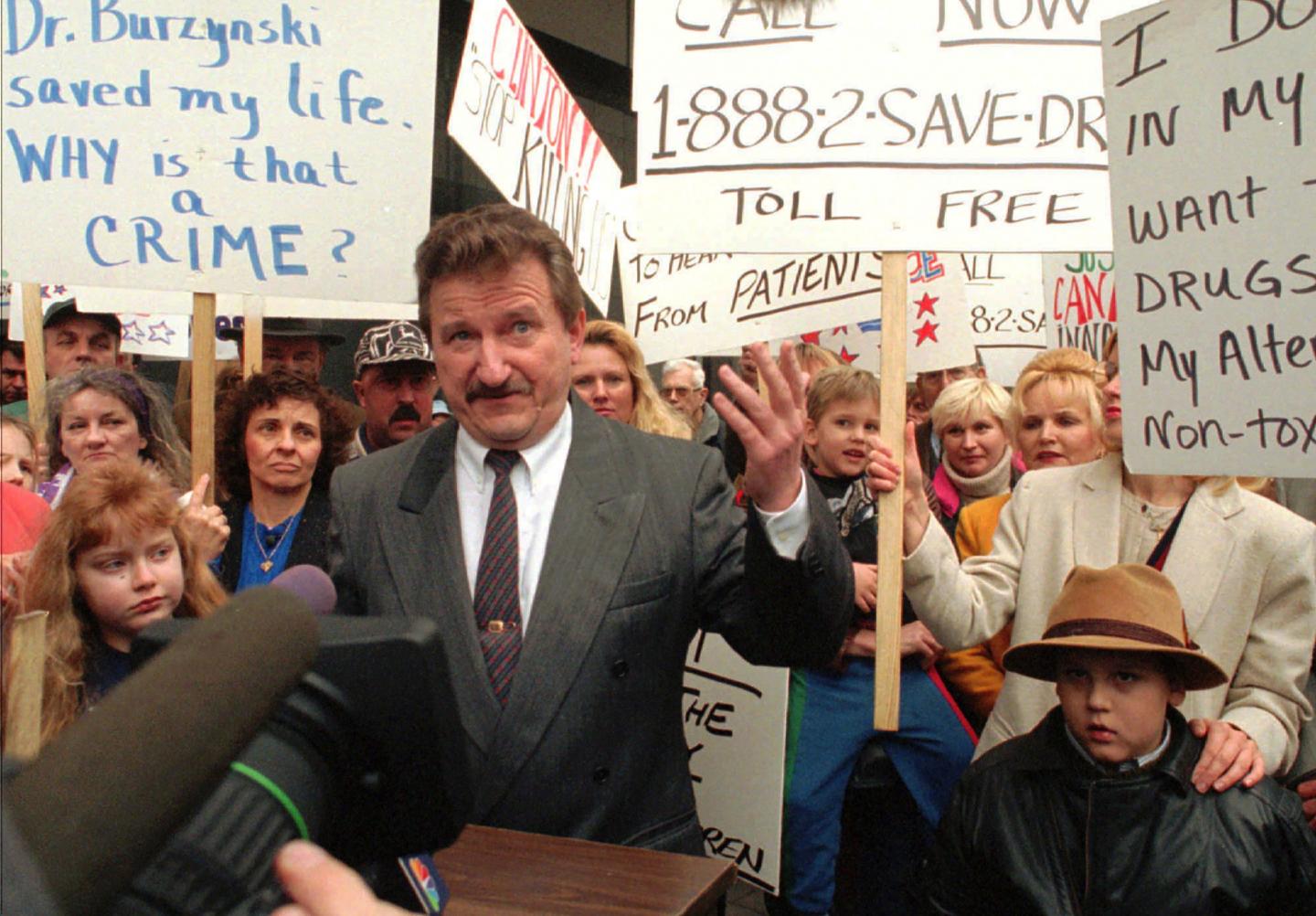Category: Cancer

Animal rights activism: Petitions aren’t science
Those who hold positions contrary to what science tells us frequently challenge defenders of science to a "debate," seemingly believing that all truth can be arrived at by staged debates. Such debates are almost alway biased toward the person defending pseudoscience and rarely fruitful. In a public forum, rhetoric frequently trumps science. If a scientist accepting such a challenge is not a...

pH Miracle Living “Dr.” Robert O. Young is finally arrested, but will it stop him?
Being a cancer surgeon and researcher, naturally I tend to write about cancer a lot more than other areas of medicine and science. It’s what I know best. Also, cancer is a very common area for unscientific practices to insinuate themselves, something that’s been true for a very long time. The ideas don’t change very rapidly, either. Drop a cancer quack from...
Science-based medicine throughout time
As 2013 comes to a close, because this probably will be my last post of 2013 (unless, of course, something comes up that I can’t resist blogging about before my next turn a week from now), I had thought of doing one of those cheesy end-of-year lists related to the topic of science-based medicine. Unfortunately, I couldn’t come up with anything I...

No, carrying your cell phone in your bra will not cause breast cancer, no matter what Dr. Oz says
Dr. Oz continues promoting quackery, this time fearmongering that cell phone radiation causes breast cancer if a woman keeps her phone in her bra.

An update on the case of Sarah Hershberger: Parental rights trump the right of a child with cancer to live
Sarah Hershberger, an Amish girl with leukemia, is refusing chemotherapy, and her parents are supporting her. Unfortunately, it looks as though the State of Ohio will let this child die.
The Skeptics for the Protection of Cancer Patients need your help
We at SBM don’t normally ask our readers for much, if anything, other than to read and for the subset of you who like to be active in the comments to have at it. However, given the story of Stanislaw Burzysnki, which I’ve been covering with frequent blog posts for over two years now, how could I not listen to the appeal...
The Burzynski Empire strikes back
You might have noticed that I was very pleased last Friday, very pleased indeed. Given the normal subject matter of this blog, in which we face a seemingly-unrelenting infiltration of pseudoscience and quackery into even the most hallowed halls of academic medicine, against which we seem to be fighting a mostly losing battle, having an opportunity to see such an excellent deconstruction...
USA Today versus Stanislaw Burzynski
This is an SBM public service announcement—with blogging! Think of it as a bonus post, and don’t forget to read Mark Crislip’s regular biweekly offering, as it’s about an article in Skeptical Inquirer that particularly irritated him—and me, as well. Because, as we all know, the world needs more Mark Crislip. I’ve made no secret of how much I despise Stanislaw Burzynski,...
Colonoscopy and Other Colorectal Cancer Screening Options: An Update
When I wrote about colonoscopy in 2010, colonoscopy was thought to be the best screening test for colorectal cancer because it could visualize the entire colon and could remove adenomas that were precursors of cancer. But only fecal occult blood testing (FOBT) and sigmoidoscopy had been proven to decrease colorectal cancer incidence and mortality (by 16% and 28%, respectively). Observational evidence suggested...


